Do you know what visuospatial skills are, what they are for, or how they are rehabilitated? Below we explain this cognitive function and present eight activities to rehabilitate visuospatial skills in adults and children.
Visuospatial skills
What are visuospatial skills?
Visuospatial skills are the ability to represent, analyze and manipulate objects mentally.
When it comes to visuospatial skills we distinguish two important concepts. Below, we explain what each one consists of:
- Spatial relation: ability to represent and mentally manipulate objects in two dimensions.
- Spatial visualization: ability to represent and mentally manipulate objects in three dimensions.
What are visuospatial skills for?
We continuously use visuospatial skills in our daily lives. For example, visuospatial skills allow us to calculate the distance between two objects, create mental maps to explain how to get to a specific point, and are essential when parking, since they help us judge whether we have enough space or, on the contrary, do not have room.
8 activities to rehabilitate visuospatial skills
Below we propose a series of activities to rehabilitate visuospatial skills designed by and for professionals.
Activities to rehabilitate visuospatial skills in children and adults
1. Stop the Ball
What does it involve?
The game Stop the Ball consists of calculating the exact moment when the ball passes a specific point.
Let’s give an example: the traffic light is green and we have to cross to the other side of the street, but there are only five seconds left before the light turns red — will we have time to get across? This everyday situation can make us feel insecure if we cannot accurately judge distance and speed, and it can be worked on with this activity.
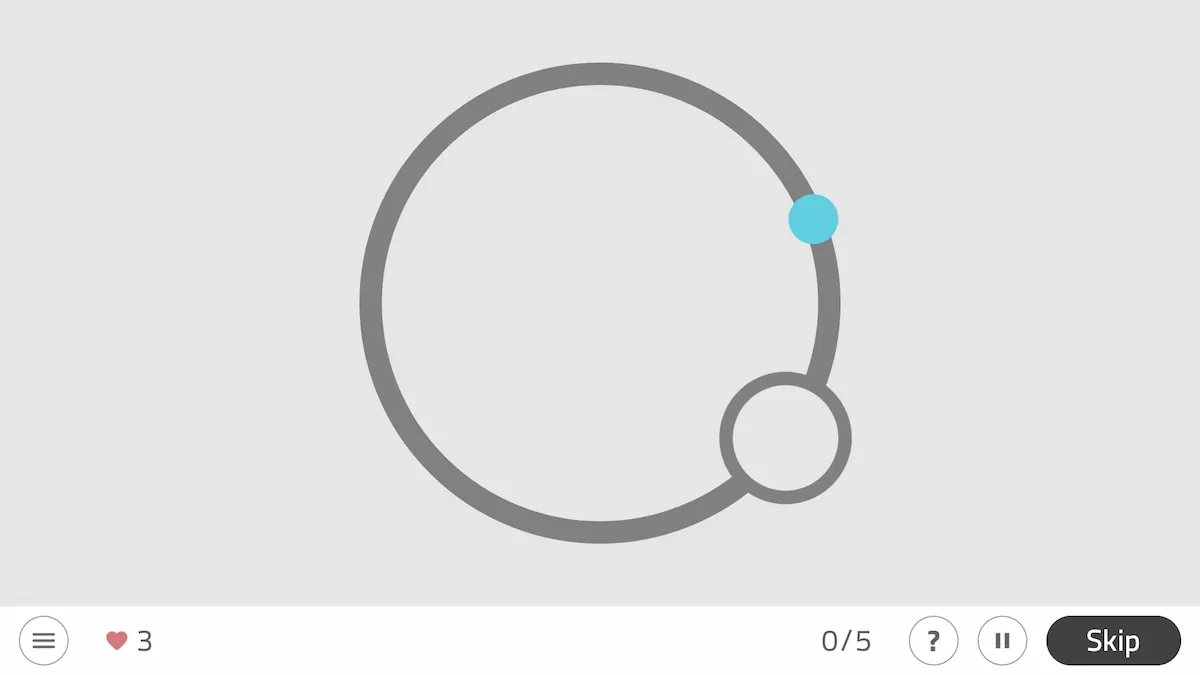
What does this activity work on?
It is aimed at enabling the therapist to work with patients on spatial relation. In addition, this exercise trains inhibition, planning and processing speed.

Subscribe
to our
Newsletter
2. Pit Stop
What does it involve?
Pit Stop is one of the activities to rehabilitate visuospatial skills that consists in calculating the exact moment when the car should make the pit stop. In fact, it is the children’s version of the previous exercise.
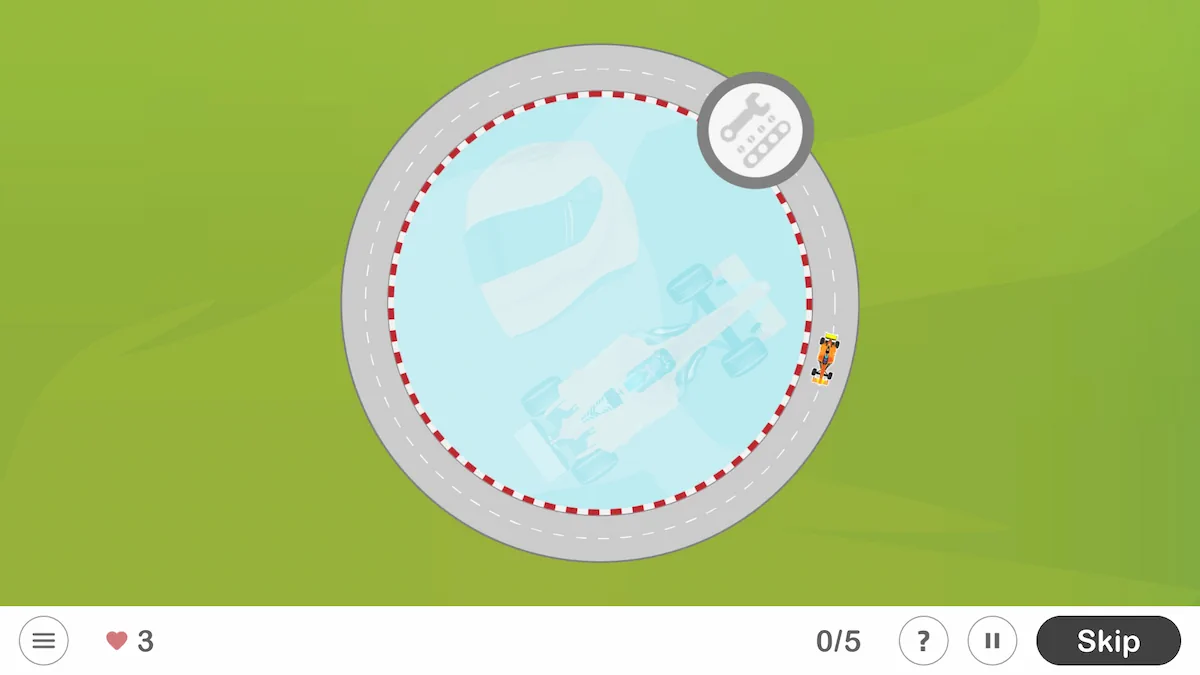
3. Moving cubes
What does it involve?
Moving cubes is an activity that consists of calculating how a series of cubes would look after moving some of them.
This activity is very useful for people with Parkinson’s.
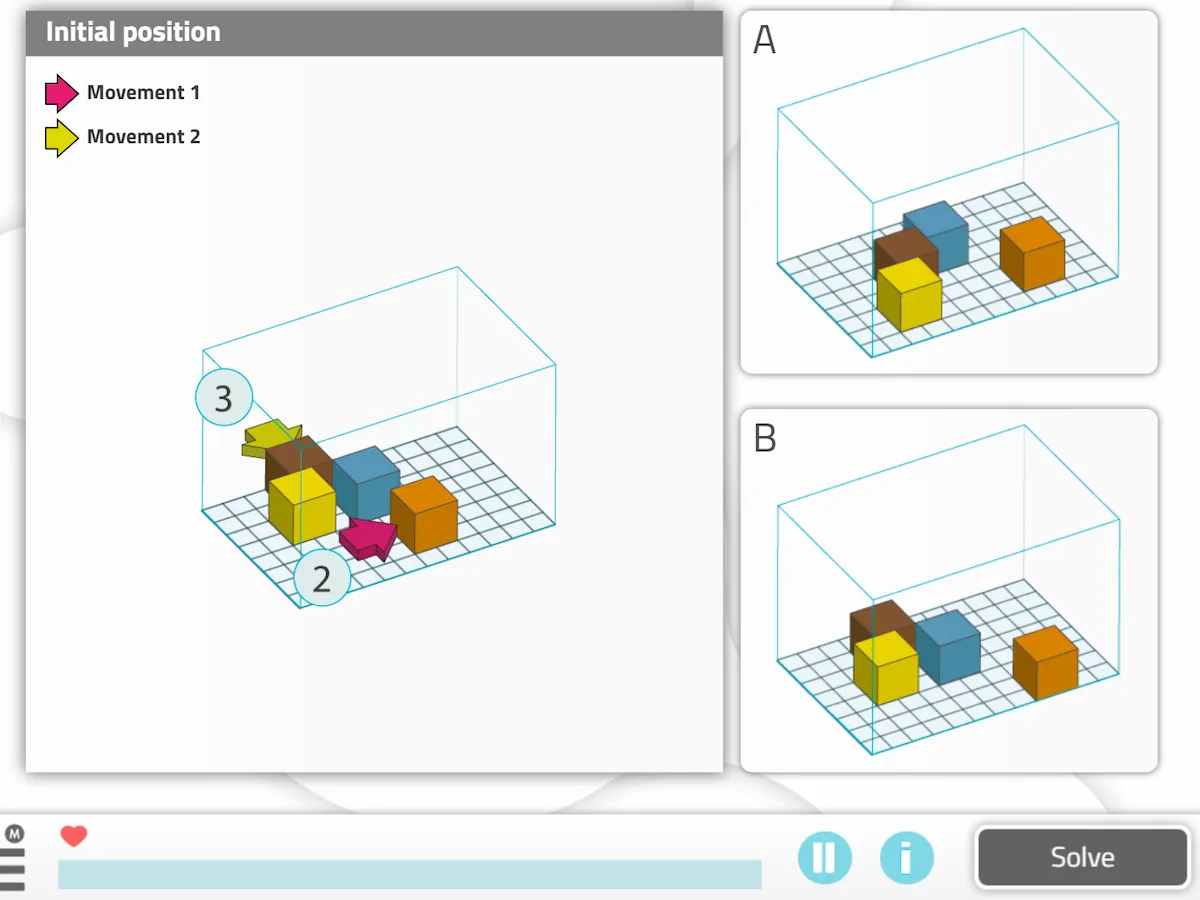
What does this activity work on?
In this case it works on the spatial visualization and planning.
4. Space Conquest
What does it involve?
Right Now we present the game Space Conquest. This child exercise set in space consists of jumping between different moving planets until reaching the final destination. It is part of the activities to rehabilitate visuospatial skills in children.
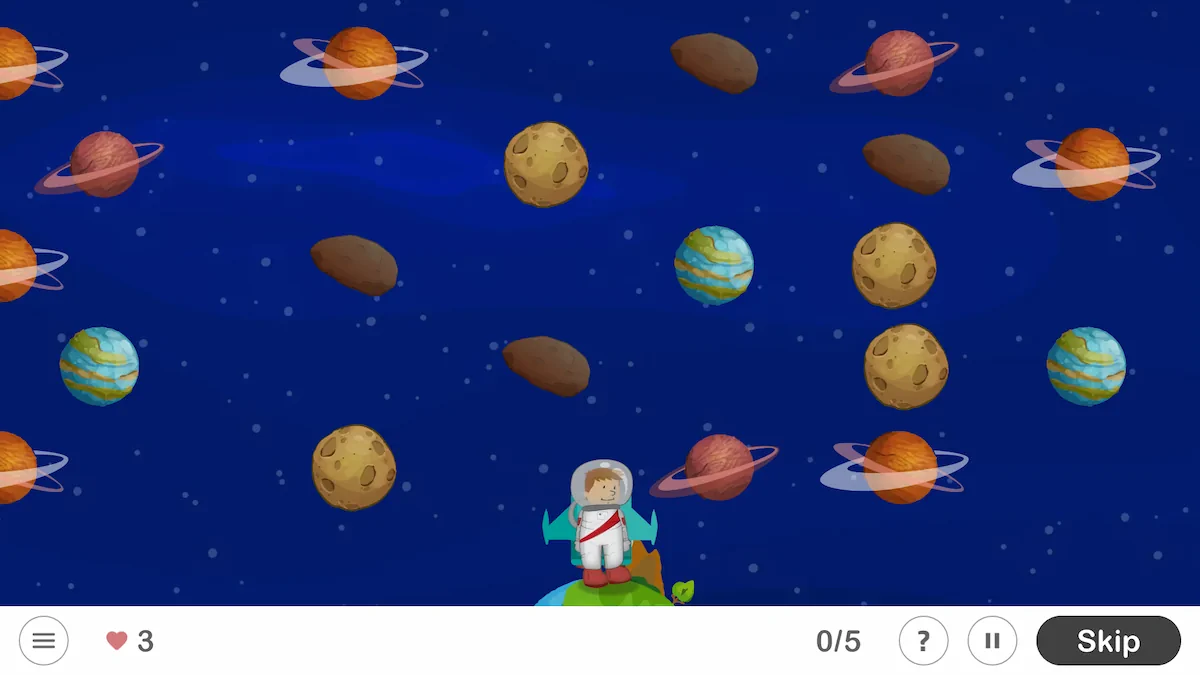
What does this activity work on?
It trains sustained attention, inhibition, planning and processing speed.
5. The Mysterious Garden
What does it involve?
In order to rehabilitate visuospatial skills, we present the game The Mysterious Garden, which consists of children creating an exact replica of a garden full of animals and plants. To achieve this, they must fill their own garden with animals and plants by clicking exactly on the same spot where they appear in the model.
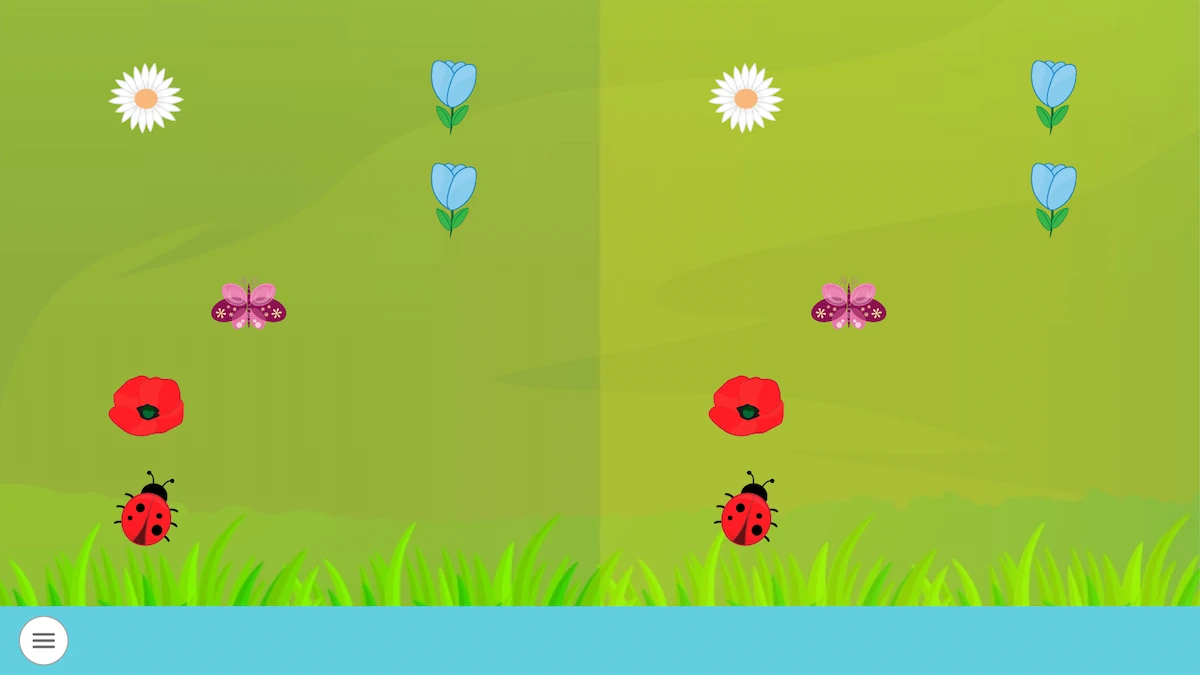
What does this activity work on?
It mainly works on spatial relationships.
6. Angles
What does it involve?
Another of the activities to rehabilitate visuospatial skills in adults is Angles, and its objective is to form the indicated angle according to the given reference line. To do this, the user must carefully observe the position of the model’s lines and form the angle in the central image by clicking on the line they believe that, together with the one in green, represents the same figure.
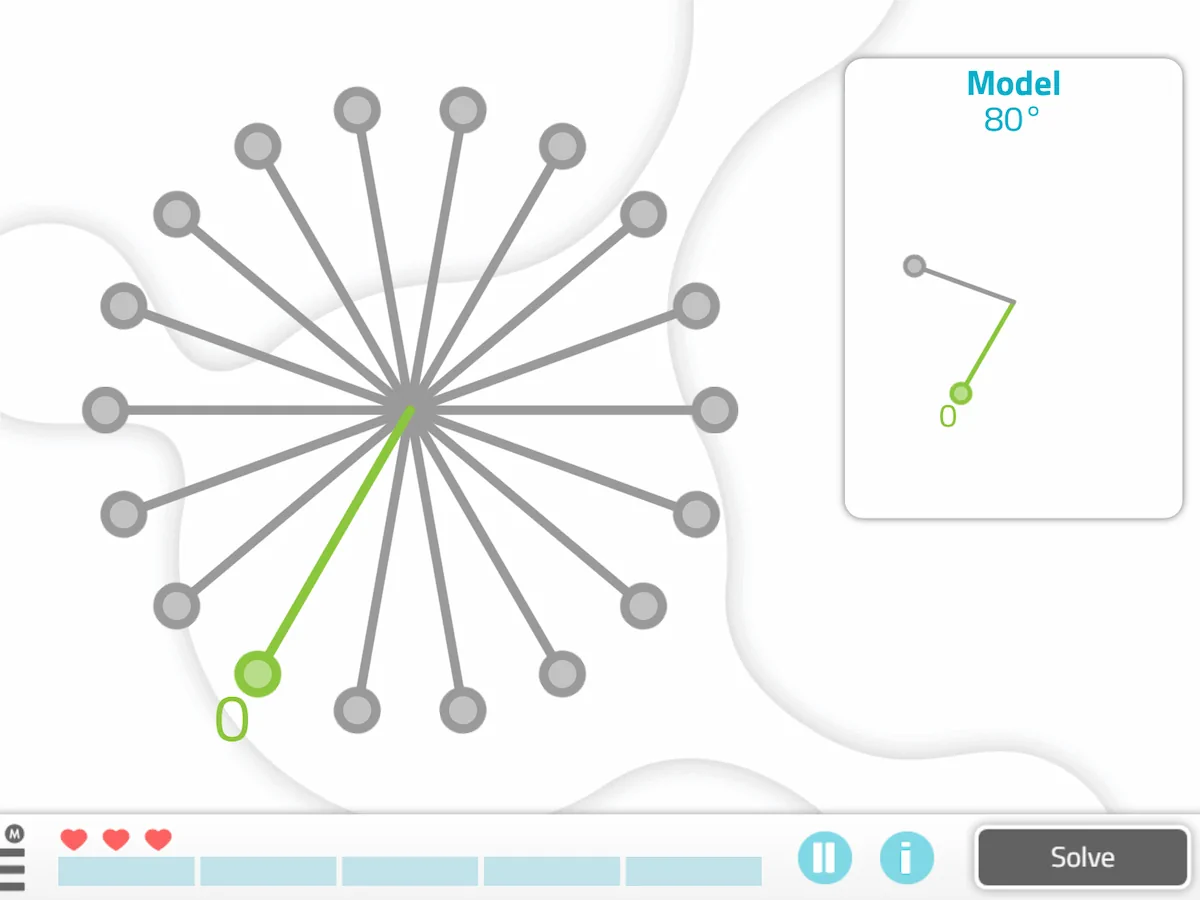
What does this activity work on?
The main cognitive functions it works on are spatial relation and hemispatial neglect.
7. Telling the time
What does it involve?
In Telling the time the user has to place the hands so that the clock shows the indicated time.
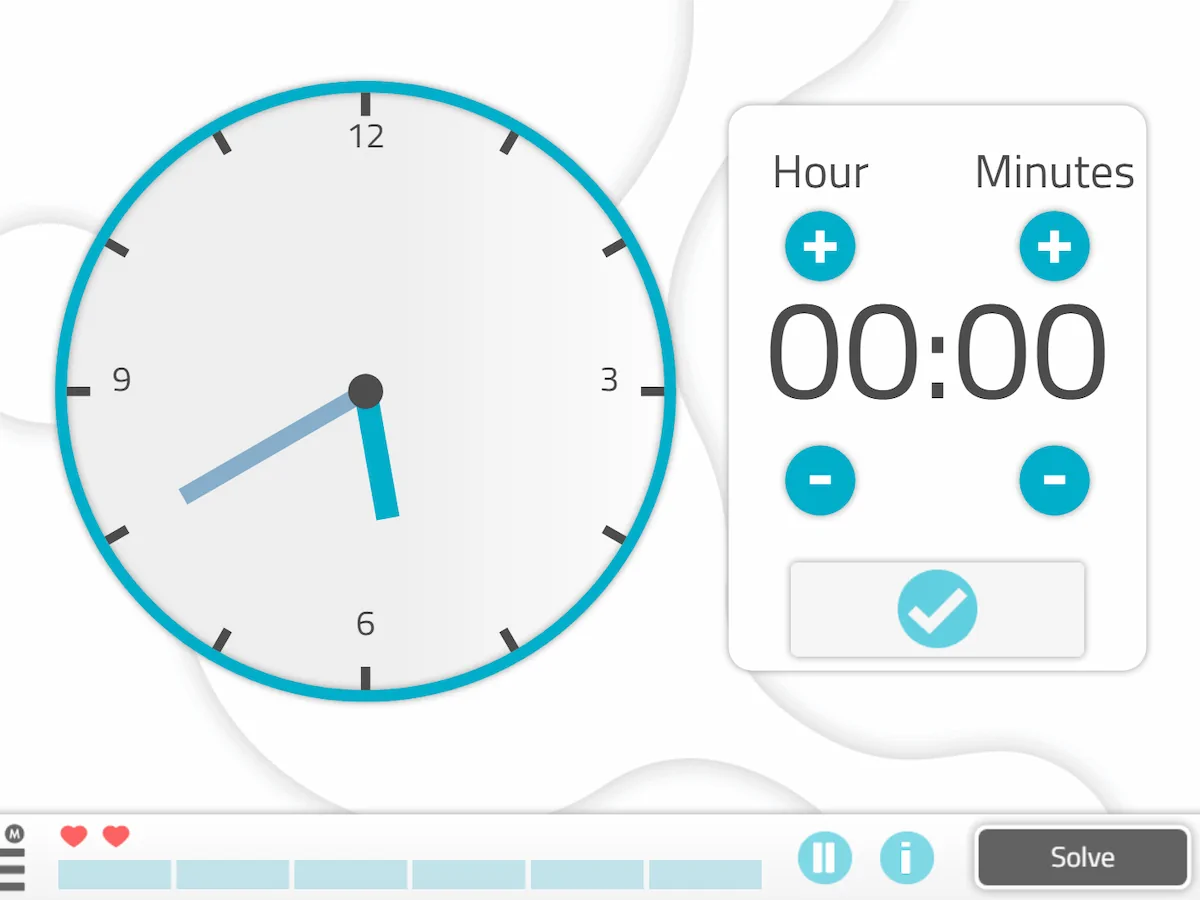
What does this activity work on?
This activity trains spatial relation.
8. Number Lines
What does it involve?
Finally, we propose the exercise Number Lines, which consists of spatially placing a specific number on a line based on the given references.
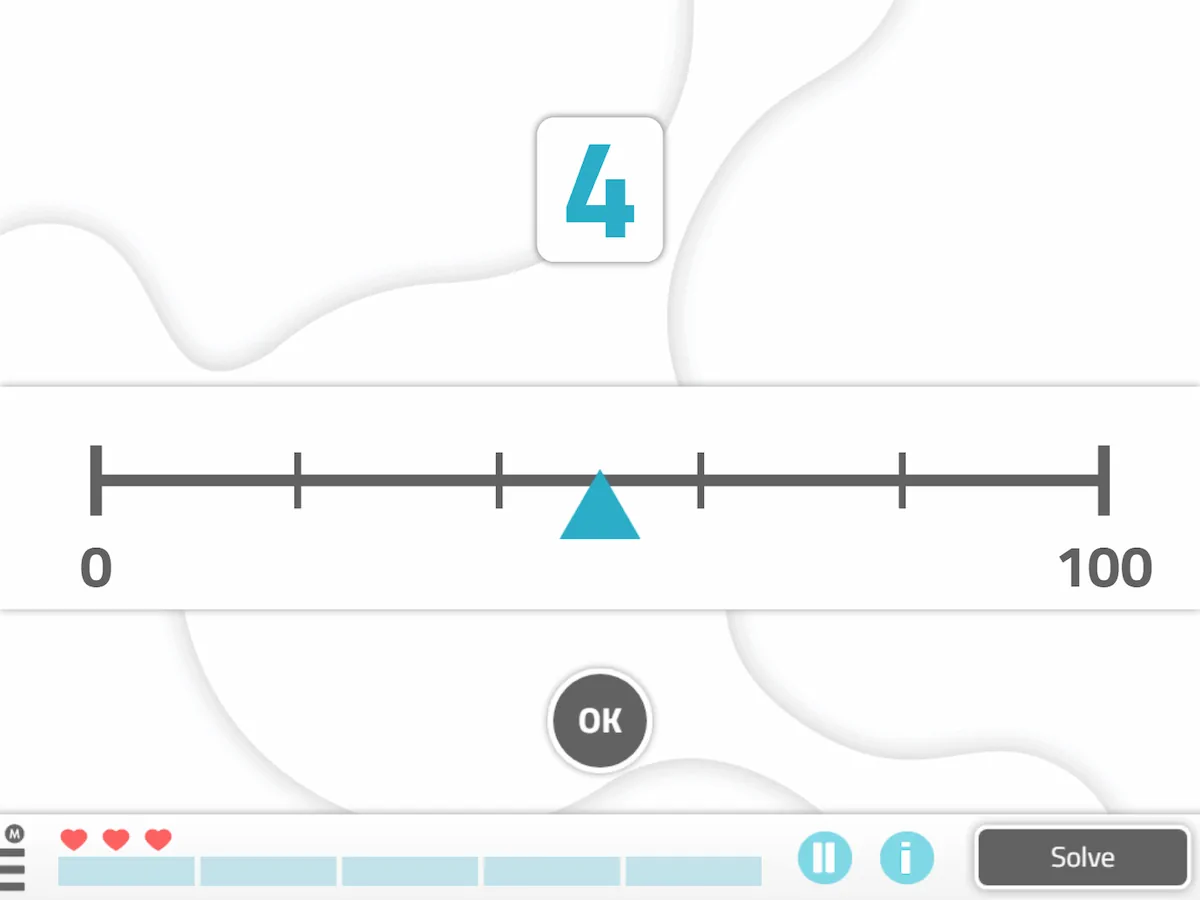
What does this activity work on?
It works on the spatial relation, hemispatial neglect, working memory and reasoning.
Learn more about
NeuronUP
Try it for free
The platform that 3,500+ professionals use on a daily basis
If you liked this post about activities to rehabilitate visuospatial skills, you may be interested in these NeuronUP publications:
“This article has been translated. Link to the original article in Spanish:”
8 actividades para rehabilitar las habilidades visoespaciales
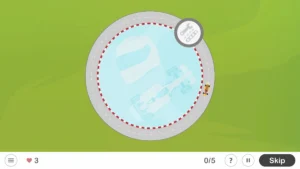
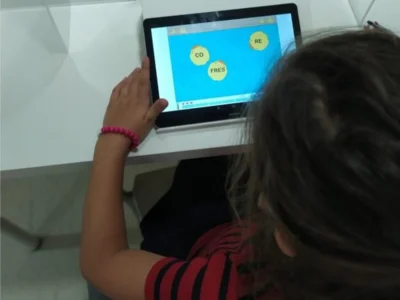
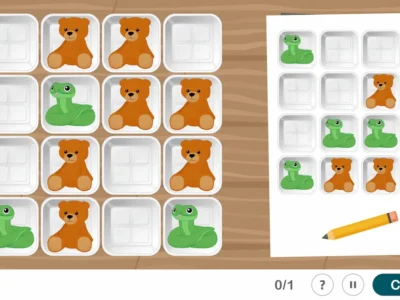

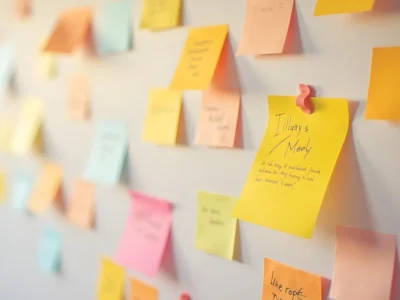
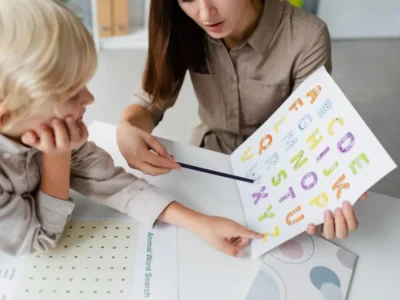

 10 cognitive stimulation exercises for Parkinson’s disease
10 cognitive stimulation exercises for Parkinson’s disease
Hi! My name is Sam Brown and I am a graduate level researcher at Emporia State University. I am interested in using a few of these for my upcoming research study regarding an element on improving visuospatial processing in individuals. How can I go about downloading or utilizing some of these tests?